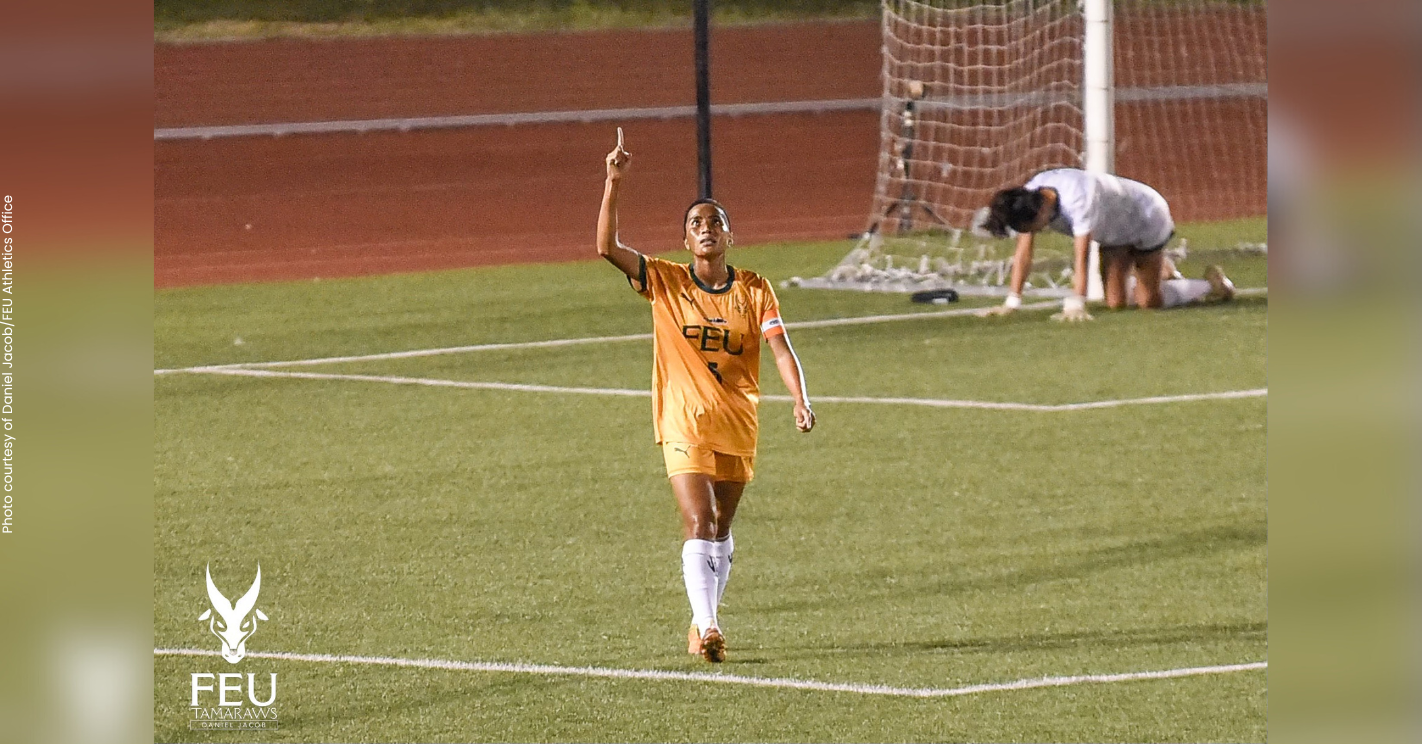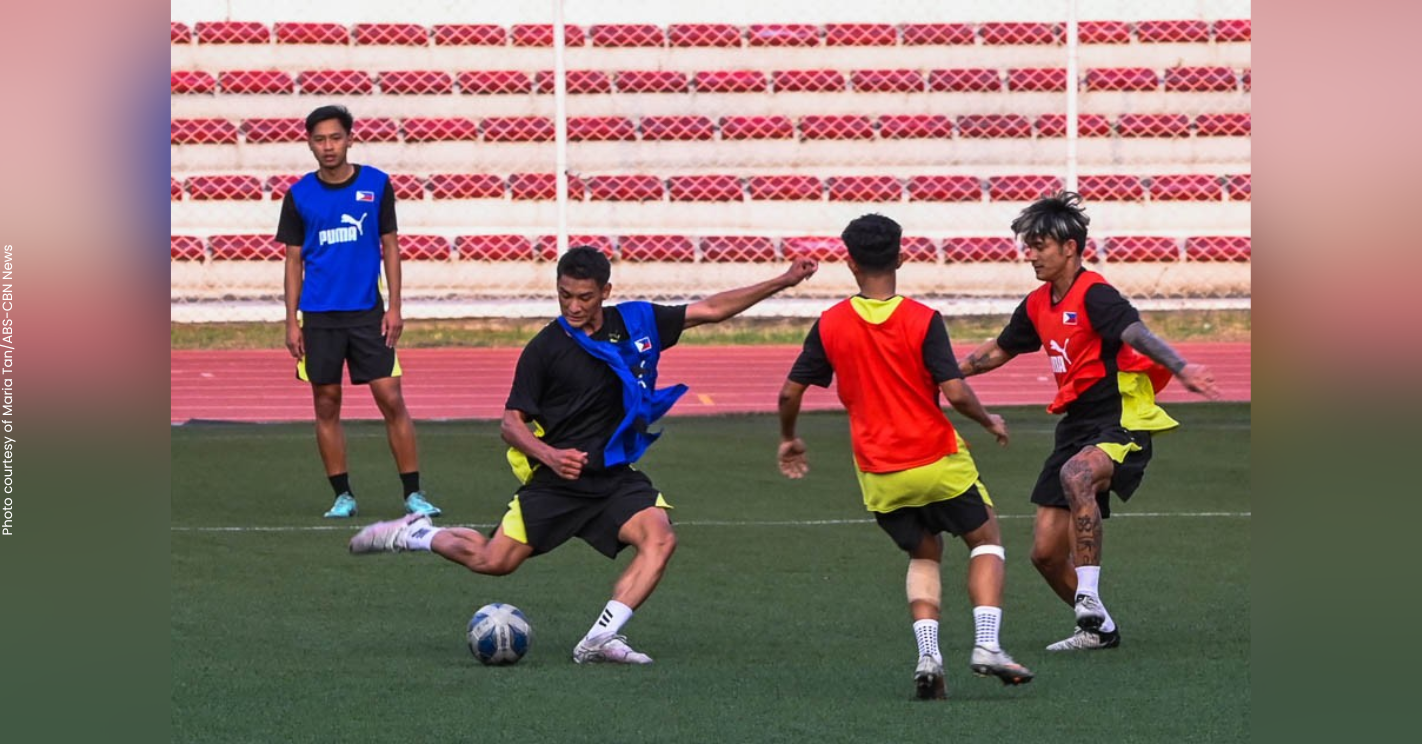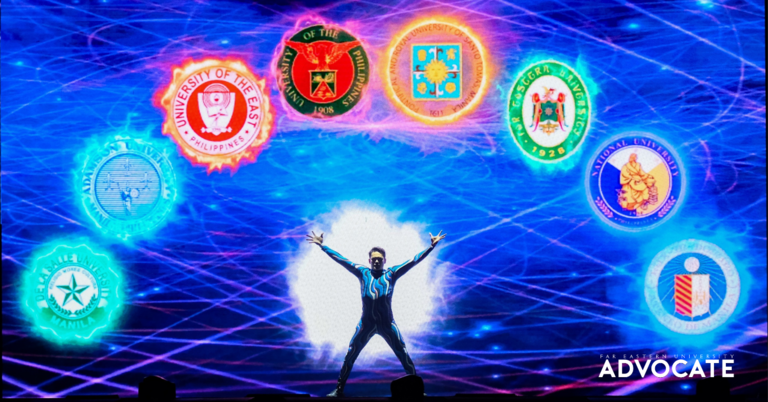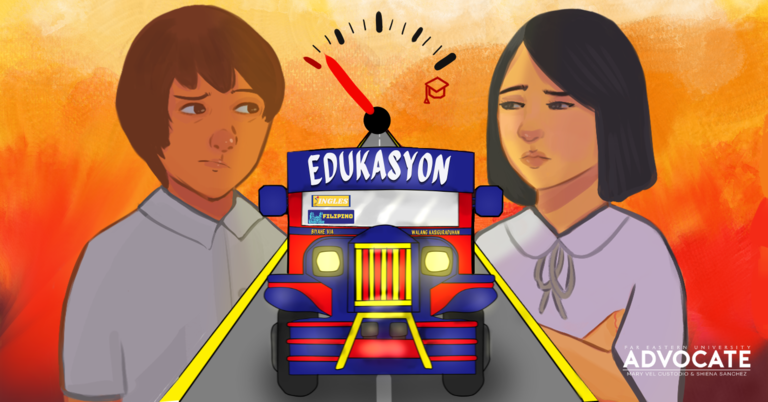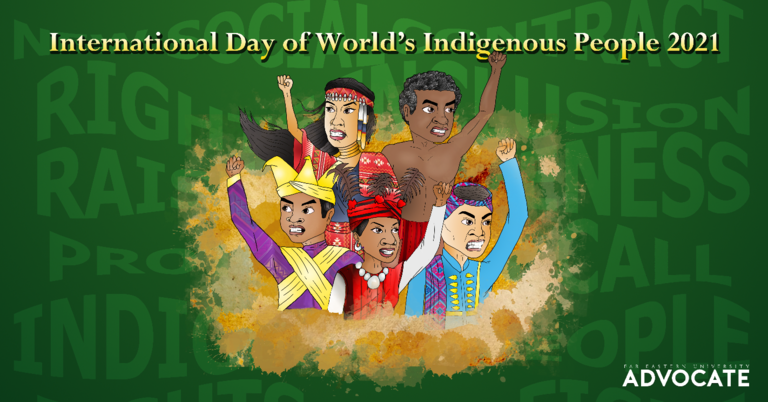
UAAP women’s vball set on May 5
- April 25, 2022 15:53
FEU Advocate
July 28, 2016 23:21

By Maria Alanna D. Cargullo, Yedda Marie M. Arcenal, and Diana Chelsi C. Collado
Far Eastern University (FEU) Political Science Professor Richard Talento, briefly stated in an interview that curfew policy is benign, yet if it endeavored to accomplish something it can be considered as a good policy.
“We can perceive that it is for our own safety and benefits,” Talento said. However, he also added that curfew is a ‘controversial’ thing specifically in the issue of infringing rights, freedom, and movement of the youth as he cited the case in the United States.
According to him, there was an issued data regarding the high criminality rate which involved the youth in Dallas, Texas in 1991. Most of those crimes that involved youth occurred between 10 pm and 1 am while the crimes against persons like rape, occurred between the time of 1 am and 3 am which concludes that if the youth were not delinquents, they were also the victim of a crime.
Moreover, in terms of making public policy of curfew, it should undergo justification. It makes sense for it to not be arbitrary and unilateral among government officials and legislators.
“First, in compelling state interest, it should be proven that there was an increase of criminal acts and victimization of delinquent acts. Second, for it not to be subjected for abuse as it compresses by several human rights warriors, it should pass a narrowly tailored validation which includes the specification of age group, justifying what time and must include exemption,” Talento said.
Thus, he justified that curfew is indeed good as long as it met the compelling state interest and it must be narrowly tailored with a probation for exemption of law.
However, Attorney Jesus Nicardo Falcis III said in an interview that the curfew policy violated Article III of the 1987 constitution or known as the Bill of Rights. “The rights of the youth are violated by the curfew because they can have legitimate reasons to be out after curfew hours such as coming home from a party, going to a 24-7 store or service, and just any other activity that does not amount to a crime,” he said.
Falcis also said that the curfew policy violated the natural and primary right of the parents. “The government cannot tell minors what time they have to go home because it is the parents who have the primary right to discipline their children,” he said.
Meanwhile, some places admitted that they are not strictly implementing the punishment for minors who violated the curfew policy. Police Inspector Jocelyn Allibang, Admin Officer of Candelaria Police Station in the province of Quezon, said in an interview that they are lenient in terms of curfew policy.
“Actually, ang curfew ay hindi pa naten fully ini-implement. Mahigpit lang po tayo sa mga bata pero ang action lang natin is pinagsasabihan lang. Kung meron man po dito sa amin na nakita sa labas o kaya nireklamo, dito lang po binabantayan po diyan sa labas bago dumating ‘yung guardian or parents (Actually, the curfew policy is not fully implemented here. We are strict to minors but our only action is a warning. In case some minors were caught or someone reported them, we are just going to hold them until their guardians or parents arrive),” Allibang said.
- With reports from Christiaan P. Cajocson and Rustom John B. Doon

